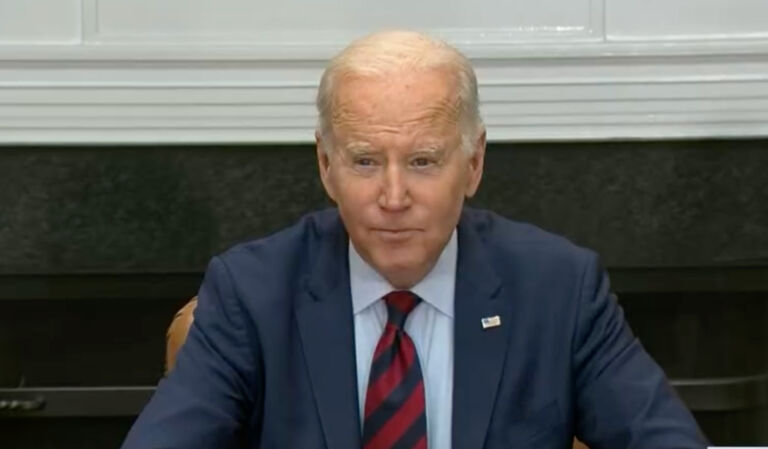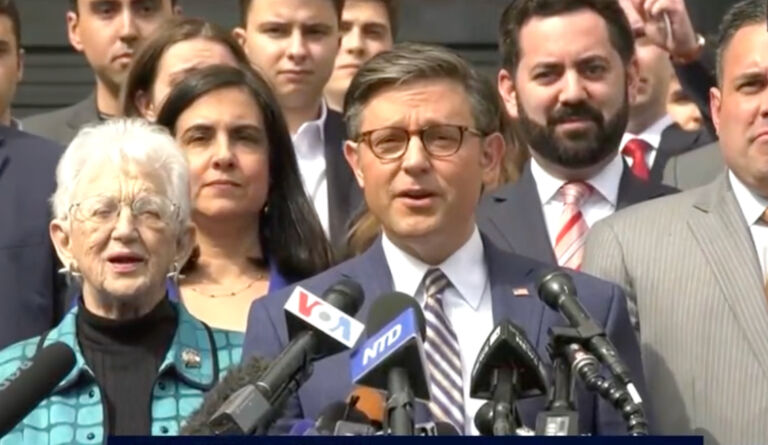Zach Kessel writes for National Review Online about university leaders’ selective interest in promoting free speech.
The presidents of Harvard University, the University of Pennsylvania, and the Massachusetts Institute of Technology emphasized the importance of free speech on campus when pressed during a Tuesday congressional hearing on how antisemitism was allowed to run rampant at their respective institutions, which have in recent years failed to defend the First Amendment on countless occasions in the name of protecting marginalized communities.
Addressing lawmakers in front of the House Committee on Education & the Workforce Tuesday morning, Harvard president Claudine Gay condemned Hamas’s brutal attack and the resulting antisemitism on American campuses. Asked how antisemitism had become rife on her campus in particular, Gay emphasized that all points of view are tolerated at Harvard, which was ranked dead last in the Foundation for Individual Rights and Expression’s (FIRE) 2024 college free-speech rankings.
“When we recruit faculty, we do so with the understanding that they are joining a community where we honor, celebrate, and nurture open discourse both on the campus and in the classroom,” Gay told committee chairwoman Virginia Foxx (R., N.C.).
Sally Kornbluth of MIT agreed, stressing the importance of valuing free expression and noting that her university allows professors “to say what they’d like in the classroom.” She also made clear her belief that “speech codes do not work,” that the best way to combat speech with which one disagrees is more speech, not limiting opinions deemed outside the bounds of acceptability.
This focus on freedom of speech within higher education is new for these presidents. Seventy percent of students at Harvard — which Gay described as a bastion of intellectual discourse and expression — “say shouting down a speaker to prevent them from speaking on campus is at least rarely acceptable,” according to a FIRE study, and over half report self-censoring on campus out of fear for their reputations.


